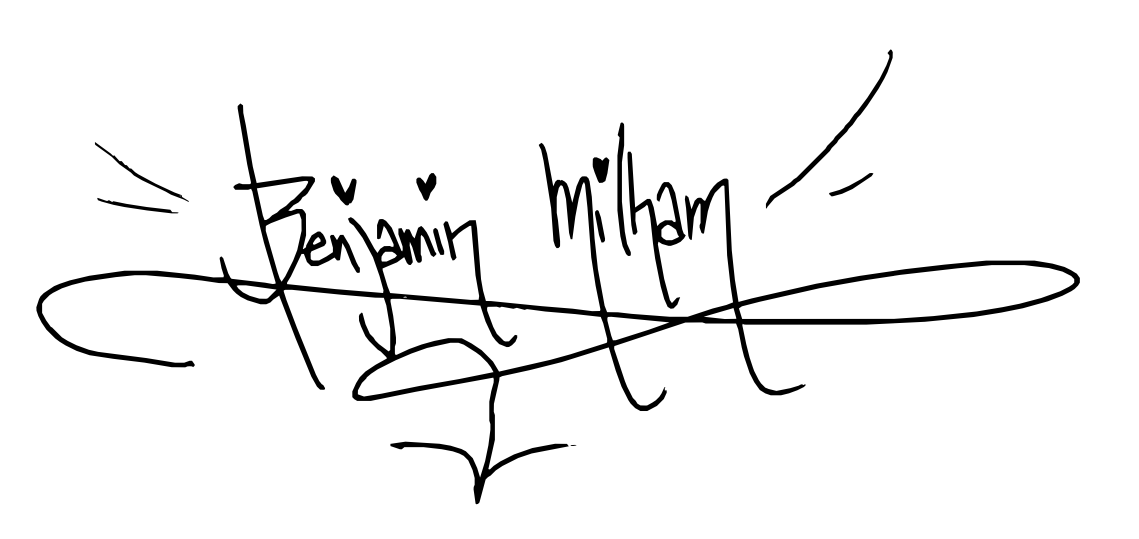A simple way to find your purpose in life.
“Every man alive on the earth need a purpose, without that we hopeless, concerned with that which lack depth, that which lack virtue…”.
Vents. 2013 Golden Era Cypher. YouTube.
https://www.youtube.com/watch?v=LrlSeKv9AOs
Hey you!
I wanted to write to you about this cool philosphy I learned about.
When I was working in Japan back in 2017 I learned about “Ikigai”, now I have it tattooed on my chest.
There’s no direct English translation but in its simplest form it translates to “a reason for being”. It’s basically a combination of what you love doing, what you can be paid for, what the world needs and what you’re good at. In practical use, it can be a different approach for deciding what you want to do with your life.
I’ve spent a lot of time trying to figure out what to do with mine, and Ikigai has really helped.
I think the first time I heard about it was on Dan Beutner’s Ted Talk about “Blue Zones”.
He talked about what he learned from studying the lives of people over 100 years old. It peaked my interest because I’ve been really trying to figure out what makes people have happy lives.
After I watched this Ted Talk, I read a few books about it. My favourite one is by Héctor García and Francesc Miralles, and is called “Ikigai: The Japanese Secret To a Long and Happy Life”. It’s one of the few books I’ve bought multiple copies of and have given as gifts. If we stay friends long enough it will probably end up under your Christmas tree at some point.
I’ve given the book out a lot since getting the tattoo, mainly because it’s easier than explaining it half the time. My tattoo is written in Japanese, so when people see it and ask what it means it requires a long explanation. If I like the person I’ll explain it.
Most of the time I just say that my tattoo means “chicken noodle soup”.
In the western world the systematic approach to Ikigai has all the focus, in the same way Yoga is most commonly seen as just stretchy poses, but Ikigai is a lifestyle.
Okinawa, where the philosophy originates, has one of the highest numbers of centurions. This means people who are over one hundred years old.
They follow a few simple rules that really impact their lives. They eat a mainly vegetarian diet, with a little bit of seafood, and only eat until they are 70% full. They sit on the floor instead of on chairs, which keeps them fit and mobile well into old age. With Okinawa being a relatively small island, they don’t drive as much as we do, so walking is their main form of transport and they regularly walk up to 10km per day. They also live in very tight-knit communities, where they socialise regularly and can call on each other for help when they need it.
There’s a lot to be learned from the Okinawans. I definitely eat much more than fist-sized portions and I ride my OneWheel basically everywhere I go, so I’m hardly getting my ten thousand steps a day. The biggest impact that discovering Ikigai has had on me was reconnecting me with writing again.
You can easily figure out your Ikigai too.
In a course I did recently we used a digital white board to map out our Ikigai.
I found that the intersecting themes for me were learning, writing, connection and education. This is what led me to the idea of writing this blog.
The idea is simple. There are four overlapping circles that make a venn diagram. In the four main sections you write as many things as you can think of detailing what you love doing, what you can be paid for, what the world needs and what you’re good at. Where the circles overlap you put the things that are the same in that category and the one next to it. The key things from those four sections combined make up your Ikigai, which sits at the centre of the diagram.
To create your own you can either do this with post-it notes on your wall, on a digital whiteboard like Miro or using an app like freeform on iOS. I found it really fun to map it out and was surprised at a lot of the things that ended up on the post-it notes. In the “what you love doing” section on my diagram, ‘making lists’ was one of them!
Give it a try, and let me know what you come up with.
Big hugs,
Your friend Ben.
PS. It’s pronounced ee-kee-guy, in case you were wondering how to say it.
